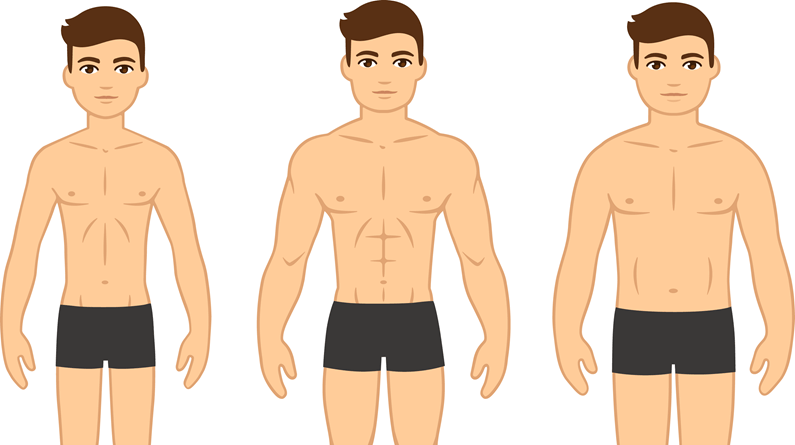The Miraculous Functions of Muscles in Our Body
Muscles are the unsung heroes of our body, playing a vital role in various physiological processes that keep us alive and functioning. From movement and posture to circulation and digestion, muscles work tirelessly behind the scenes to maintain our overall health and well-being.
Movement and Mobility
Muscles contract and relax in a coordinated manner to facilitate movement, whether it’s gross movements like walking, running, or swimming, or fine movements like writing, speaking, or facial expressions. This intricate dance of muscle contractions and relaxations enables us to navigate our environment with ease and precision.
Posture and Stability
Skeletal muscles work in tandem with bones to maintain our posture, whether we’re standing, sitting, or lying down. Strong and flexible muscles ensure that our posture remains upright, while weak or tight muscles can lead to poor posture and associated problems.
Circulation and Blood Pressure
Heart muscles pump blood throughout our body, while smooth muscles in blood vessels contract and relax to regulate blood pressure and circulation. This complex interplay of muscle contractions and relaxations ensures that our body receives the oxygen and nutrients it needs to function optimally.
Digestion and Nutrition
Smooth muscles in the digestive tract facilitate the movement of food through the digestive system, while muscles in the stomach churn food to mix it with digestive juices. The coordinated contractions and relaxations of these muscles enable our body to extract nutrients from food and eliminate waste.
Respiration and Breathing
The diaphragm muscle plays a crucial role in respiration, contracting and relaxing to facilitate inhalation and exhalation. Other muscles, such as those in the abdomen, back, and neck, also contribute to deep breathing and overall respiratory function.
Protection and Support
Muscles provide protection and support for various organs and systems in our body. For example, chest muscles protect the heart and lungs, while muscles in the pelvic floor support the bladder and reproductive organs.
Eye Movements and Vision
Eye muscles control specific eye movements, such as positioning, scanning, and tracking, to enable us to see and interpret our surroundings.
Childbirth and Reproduction
Smooth muscles in the uterus contract and relax to facilitate childbirth, while muscles in the pelvic floor support the reproductive organs and guide the baby’s head through the birth canal.
Thermoregulation and Body Temperature
Muscles help regulate body temperature by contracting and relaxing to generate heat or conserve energy. Shivering, for example, is a muscle contraction that helps increase body temperature when we’re cold.
In conclusion, muscles play a vital role in maintaining our overall health and well-being. Their intricate functions and coordinated contractions enable us to move, breathe, digest, and regulate our body’s various systems.
References:
https://en.wikipedia.org/wiki/Muscle
https://biologydictionary.net/muscle/
https://www.medicalnewstoday.com/articles/321617
https://www.healthline.com/health/functions-of-the-muscular-system

